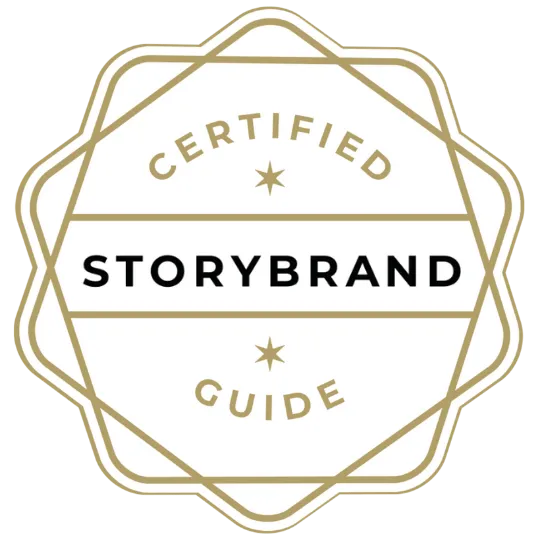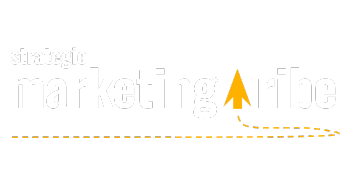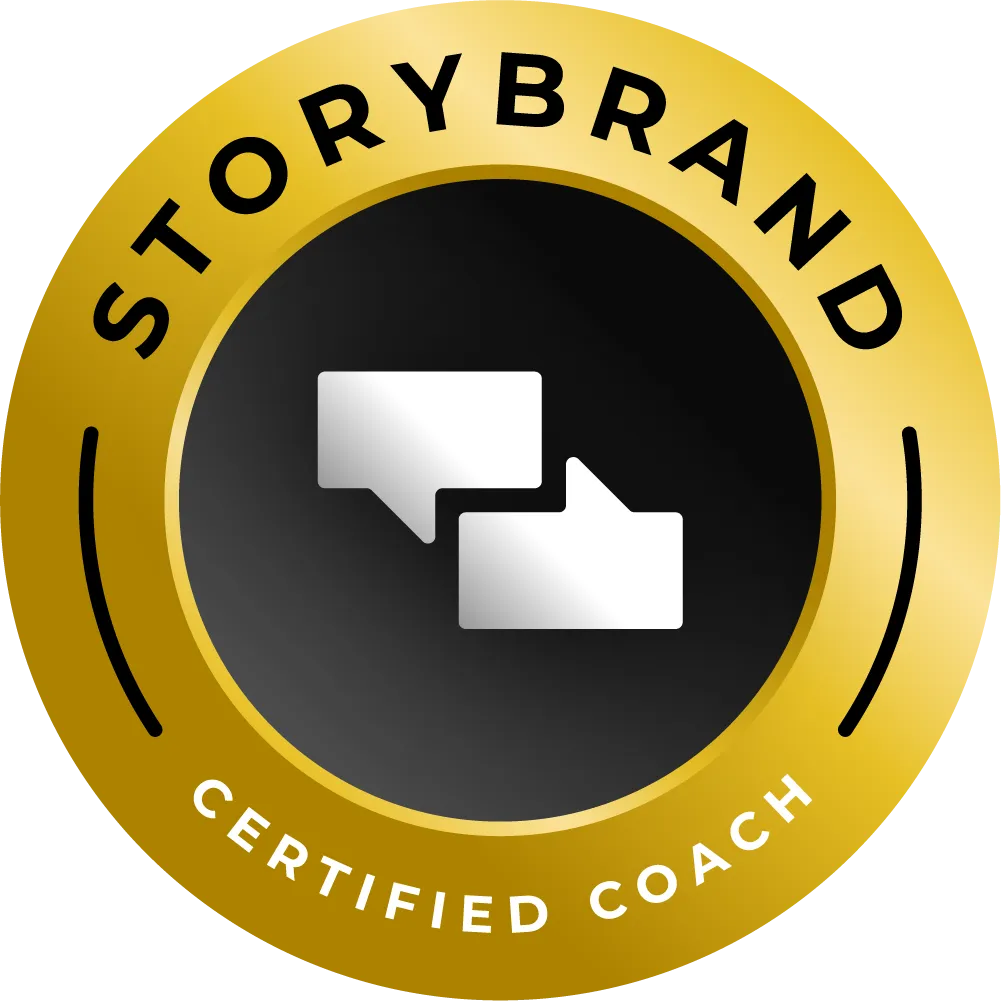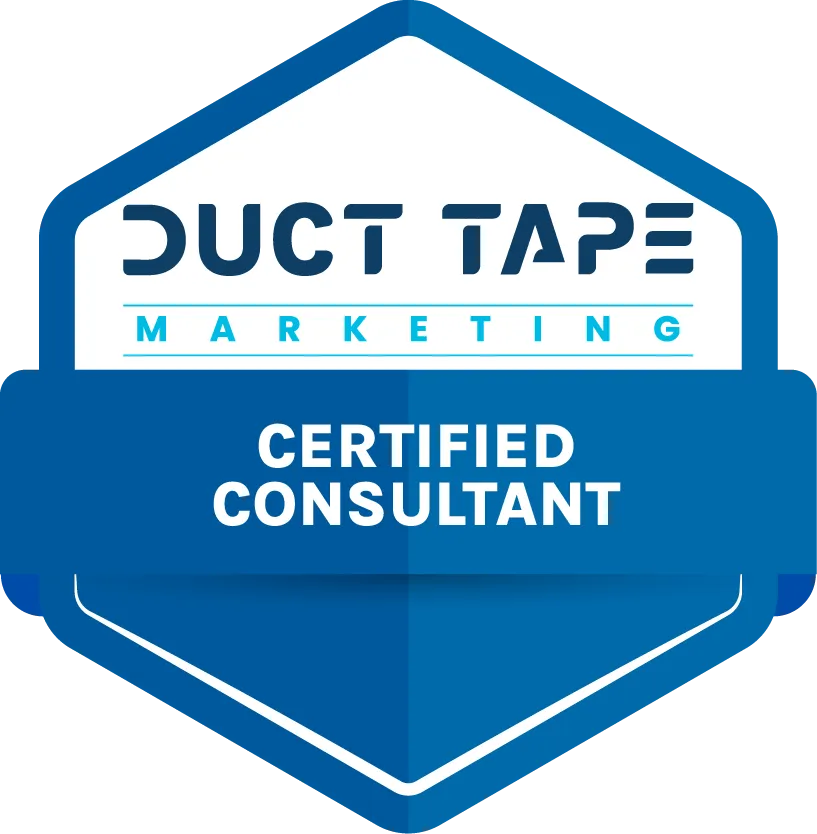NEWS, MEET STRATEGY
Real news, real insights – for small businesses who want to understand what’s happening and why it matters.

Women in Leadership: Why Empathy Is Real Strength
By Vicky Sidler | Published 14 September 2025 at 12:00 GMT+2
If you’ve ever been told to speak up but not too loudly, be confident but not bossy, and show strength without showing emotion—congratulations, you’ve met the invisible maze known as “leadership advice for women.”
Jeni-Anne Campbell, founder of all-female creative agency JAW, recently cracked open that maze and lit it on fire. In a Media Update feature, she made the case for redefining leadership strength—not by muting emotion, but by centering it.
This article breaks it down in plain English for small business owners, especially women wondering if they’re “doing leadership wrong” just because they’re not performing power the old-school way.
TL;DR
Traditional leadership models reward ego over empathy
Leading with care is still treated as a weakness, even though it works
Women often edit themselves to be more acceptable. It backfires.
True strength is wholeness, not hardness
Empathy is a strategic skill, not a soft one
Need help getting your message right? Download the 5-Minute Marketing Fix
Table of Contents:
Women in Leadership: Why Empathy Is Real Strength
The Problem With “Hard” Leadership:
Why Empathy Actually Wins Work:
Let’s Redefine Productivity While We’re at It:
The Words We Use Shape the Way We Lead:
What Real Leadership Strength Looks Like:
Want to Build a Business That Reflects You?
"Am I Doing the Right Things?" What Mailchimp’s Marketer Learned
Meta’s AI Flirts With Kids—What That Tells Us About Trust
AI Replacing Humans Backfires—What CEOs Miss
ChatGPT Brings Back 4o—Here’s What Small Businesses Can Learn
Celebrity Brand Fit—What Knix Got Right, AE Got Wrong
SA Small Businesses Face Closure—5 Moves to Stay Afloat
FAQs on Women’s Leadership and Empathy
What does it mean to lead with empathy?
Why is empathy considered a strategic skill?
Is leading with care seen as weak?
What’s the “double bind” for women leaders?
Can empathy really drive business growth?
The Problem With “Hard” Leadership:
Most leadership templates were created in an era of suits, corner offices and Don Draper-style decision-making. Those templates rewarded detachment, dominance and what some people generously call “executive presence.”
In Jeni-Anne Campbell’s words, those traits were rewarded “not because they were the best, but because they were convenient for a system built on hierarchy.” Translation: the leadership rulebook wasn’t built for balance. It was built for control.
And the result? Generations of women have had to downplay everything that made them effective collaborators, communicators and creators—just to get taken seriously in a meeting.
Why Empathy Actually Wins Work:
Here’s where it gets real. Campbell was once told on live television that building a business rooted in empathy wasn’t unique—it was “a hygiene factor.” As if care and clarity were just the soap and water of leadership, expected but unimpressive.
Her response? A successful agency. Happy clients. Loyal team.
No drama. No ego. Just measurable outcomes from people-first thinking.
Empathy, she argues, is not about being soft. It’s about being strategic. It helps you sense tension before it turns into conflict. It helps you lead people, not just projects. And it makes you the kind of leader people want to work with again.
From a Duct Tape Marketing perspective, that’s the ultimate retention tool. Loyalty is cheaper than acquisition. If your leadership style keeps good people and good clients around, that is your competitive edge.
Stop Shrinking to Fit:
Campbell points to something many women will recognise immediately: the double bind.
Too loud? You’re aggressive. Too quiet? You’re invisible. Show emotion? Unstable. Don’t show it? Cold.
The only way out is through. Campbell now aims to be “too aligned with her values to play by a broken rulebook.” That means building a business that feels like her, not some conference room caricature of what a CEO should act like.
If you’re a small business owner trying to grow a brand, not a persona, this hits home. Marketing that works starts with authenticity—and that has to begin internally, with how you lead.
Let’s Redefine Productivity While We’re at It:
Somewhere along the way, “busy” became a personality trait and “burnt out” became a badge of honour. But as Campbell points out, true productivity isn’t about doing more. It’s about doing what matters.
Hustle culture has taught us that being exhausted means you care. But exhaustion leads to mistakes, turnover, bad decisions and marketing campaigns that fall flat because they were rushed through approval by someone who hasn’t slept.
Leadership that lasts is leadership that paces itself. It makes time for people, reflection and the occasional deep breath. This isn’t just good for your mental health. It’s good for your brand.
The Words We Use Shape the Way We Lead:
Let’s talk language. Ever noticed how a man who makes fast decisions is “decisive” while a woman who does the same is “difficult”?
That’s not just semantics. That’s cultural coding. And culture affects everything—from hiring, to collaboration, to how clients react to your proposals.
Changing the story starts with changing the script. Leaders of all genders need to start naming and celebrating the traits we want to see more of. Empathy. Integrity. Clarity. Accountability without cruelty.
What Real Leadership Strength Looks Like:
According to Campbell, “strength doesn’t mean hardness. It means wholeness.”
It means leading with care, courage and the conviction to build something that lasts longer than a sales quarter. It means creating space for nuance, contradiction and actual human needs.
And for women in business? It means taking up space, out loud, with both clarity and kindness—without asking permission.
You don’t need to lead like a man to be taken seriously. You need to lead like someone worth following.
Want to Build a Business That Reflects You?
Then stop copying leadership styles that don’t.
The way you lead affects how you hire, market and grow. You don’t need to trade empathy for success. You need to learn how to turn it into a strength people remember.
👉 Download the 5-Minute Marketing Fix
It’s a free tool that helps you craft a sharp, clear message that connects.
No blazers required.
Related Articles:
"Am I Doing the Right Things?" What Mailchimp’s Marketer Learned
If the “double bind” hit a little too close to home, this article’s for you. It tackles that quiet hum of self-doubt most leaders carry and gives practical ways to build confidence without ditching your values.
Meta’s AI Flirts With Kids—What That Tells Us About Trust
This one’s a masterclass in how not to build trust. If you care about empathy and clear boundaries in leadership, this article shows exactly why those things matter—and what happens when brands skip them.
AI Replacing Humans Backfires—What CEOs Miss
You said empathy is strategic. This proves it. Read how leaders who prioritise people over performance metrics end up with better outcomes (and fewer employee mutinies).
ChatGPT Brings Back 4o—Here’s What Small Businesses Can Learn
Success doesn't come from clinging to power. This article shows how smart businesses evolve by listening to their people—and their customers.
Celebrity Brand Fit—What Knix Got Right, AE Got Wrong
This is the business version of your “stop editing yourself” argument. It shows what happens when brands stay true to their values (Knix) and when they don’t (American Eagle).
SA Small Businesses Face Closure—5 Moves to Stay Afloat
If you liked the part about rejecting hustle culture, this one’s packed with ways to build a business that lasts and lets you breathe.
FAQs on Women’s Leadership and Empathy
What does it mean to lead with empathy?
Leading with empathy means understanding and considering the emotional experiences of others when making decisions. It’s not about avoiding hard conversations or lowering standards. It’s about holding people accountable and supporting them as humans, not just roles.
Why is empathy considered a strategic skill?
Empathy helps leaders notice problems early, build stronger relationships, and create cultures of trust. These things directly impact retention, productivity, and brand loyalty. In other words, empathy is good for people and profits.
Is leading with care seen as weak?
Only in outdated leadership models. Research and experience show that care-driven leadership often outperforms traditional command-and-control styles. Empathy is not weakness—it’s awareness, and that’s powerful.
What’s the “double bind” for women leaders?
The double bind refers to the impossible balancing act women face. Too assertive and they’re “abrasive.” Too gentle and they’re “not leadership material.” It’s a constant judgment loop that punishes both confidence and caution.
Can empathy really drive business growth?
Yes. Businesses that retain great talent, attract values-aligned clients, and build trust tend to grow more sustainably. Empathy fosters all three. It helps you create something people want to be part of—whether as employees or customers.
Isn’t hustle culture necessary to succeed?
No. Constant overwork leads to burnout, mistakes, and poor decision-making. True productivity means working smarter, not harder. Businesses thrive when leaders build in space for thinking, rest, and human connection.
How can I communicate my leadership values better?
Start with a clear message that reflects who you are and what you stand for. If you’re not sure how to put that into words,download the 5-Minute Marketing Fix. It’ll help you craft one sentence that builds trust and makes people want to work with you.
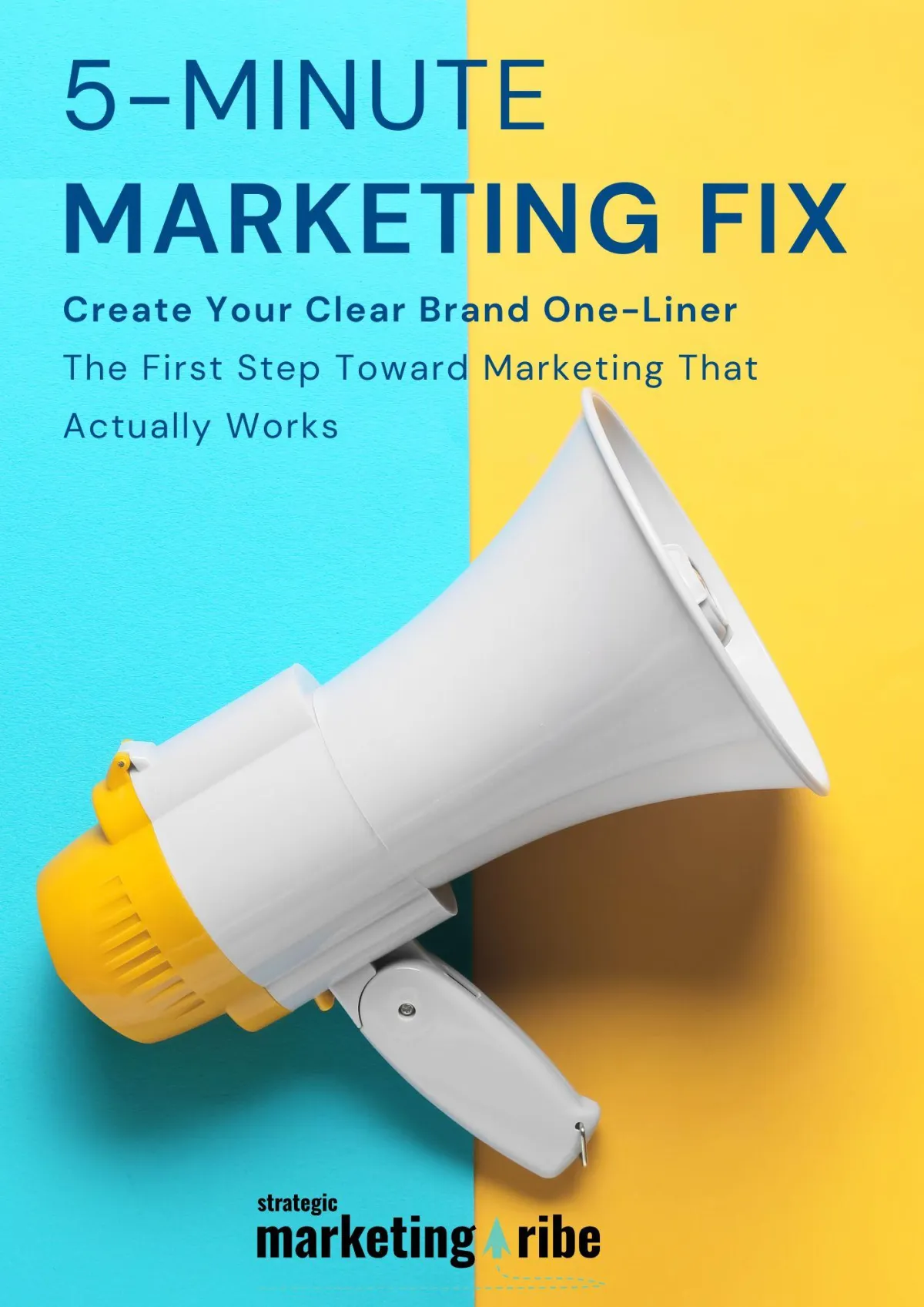
Created with clarity (and coffee)
